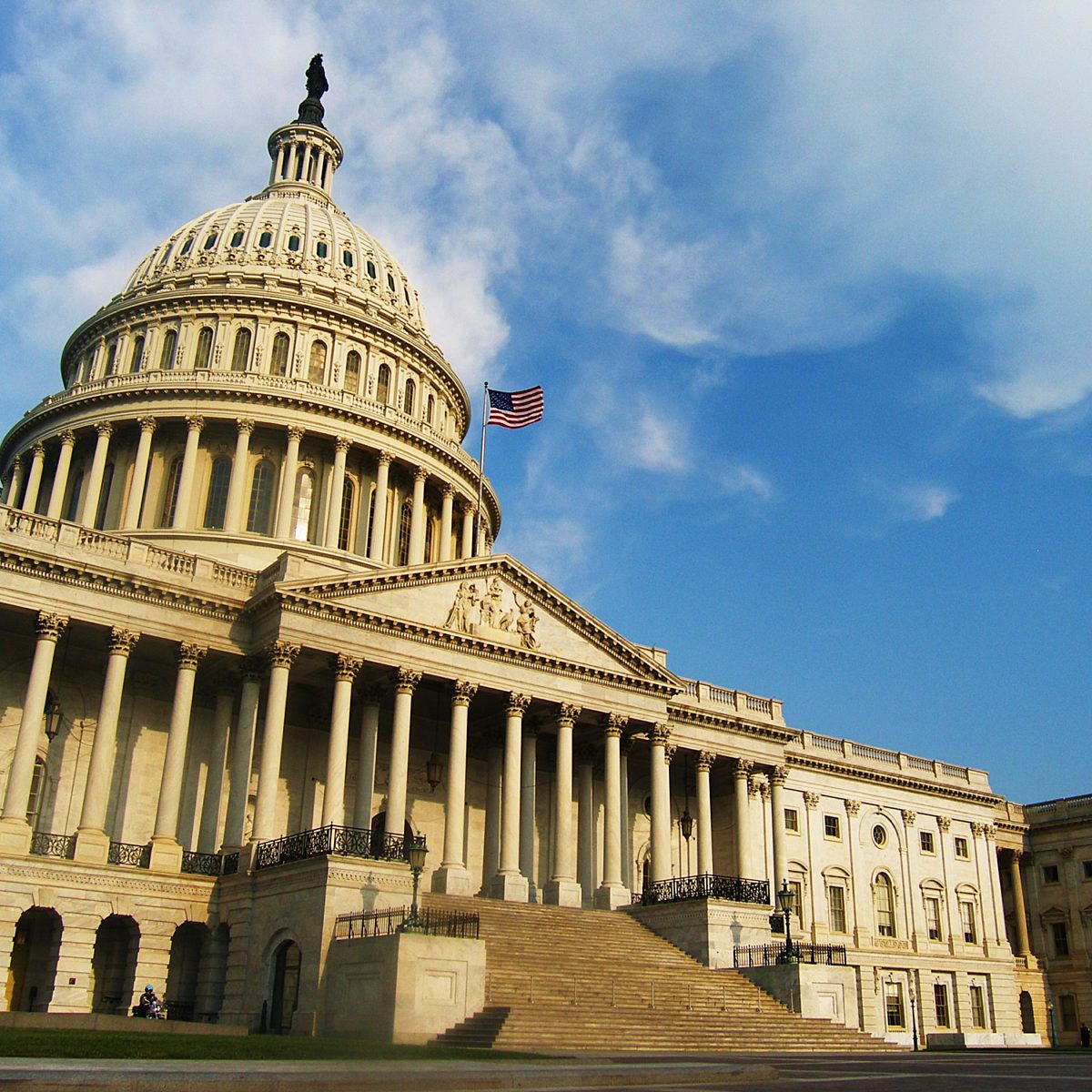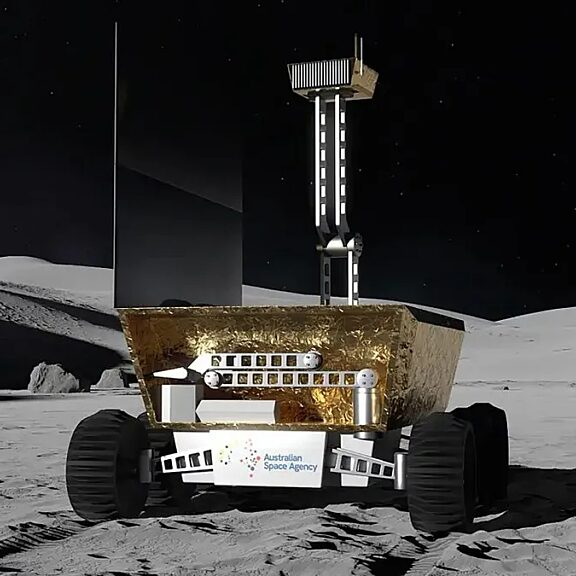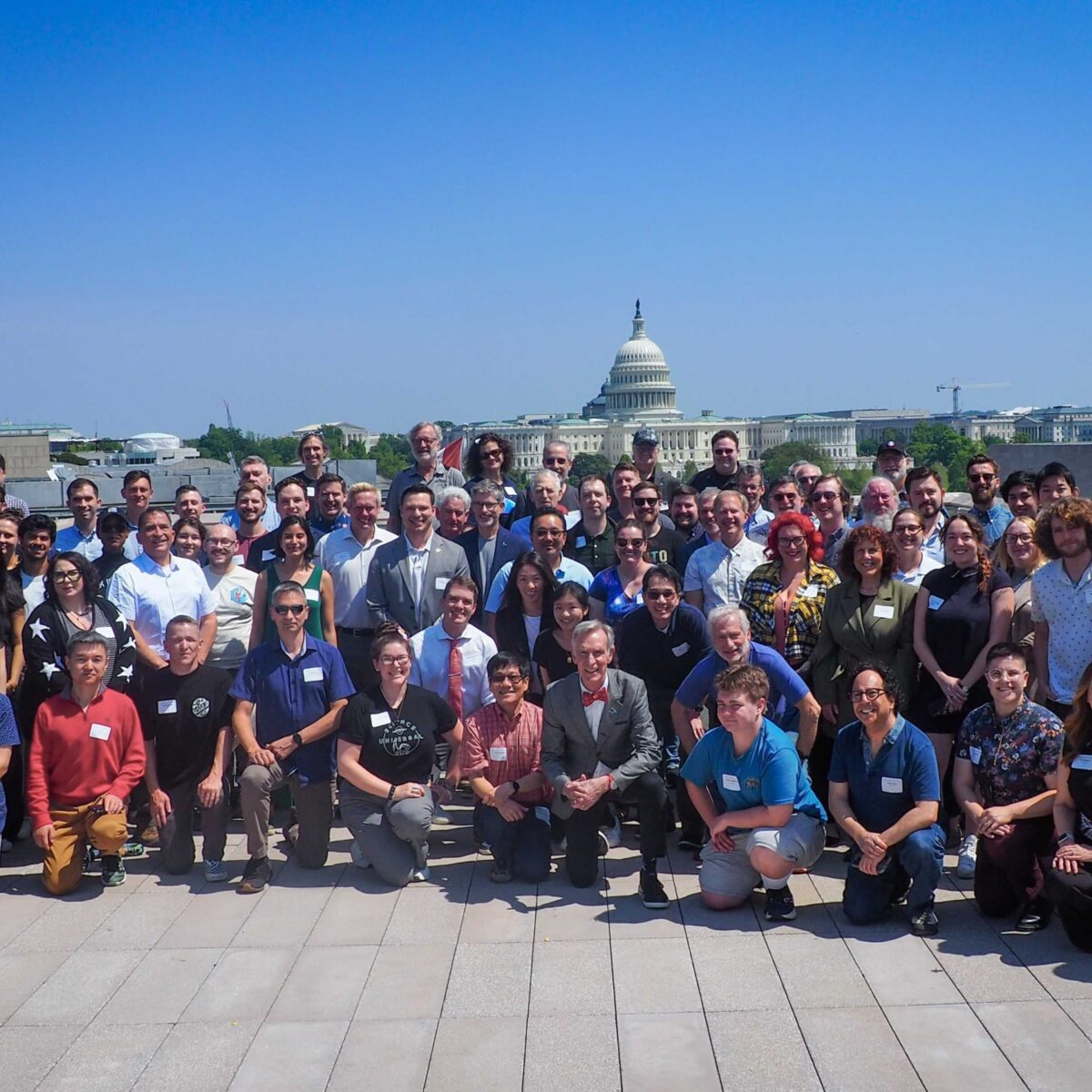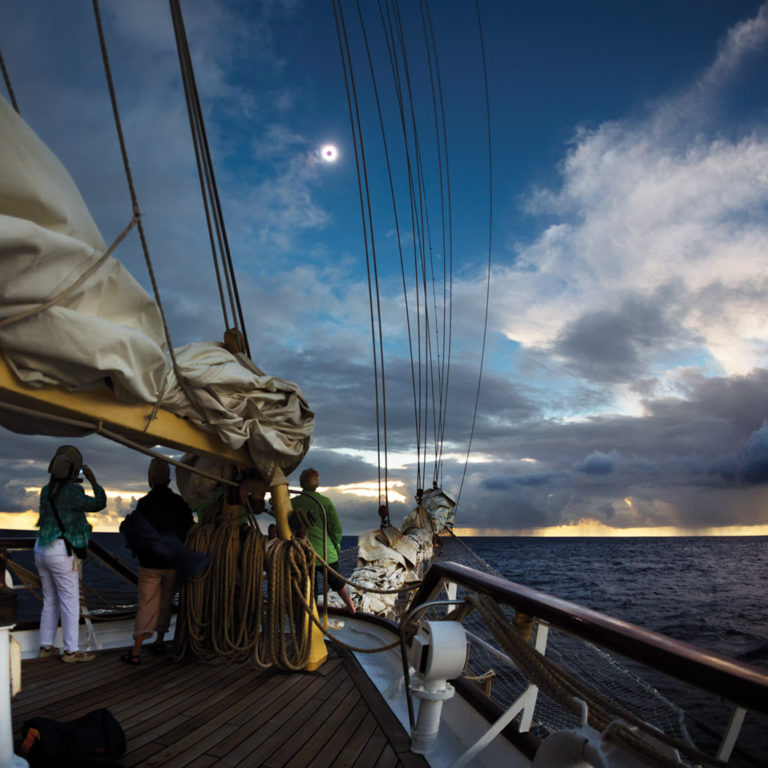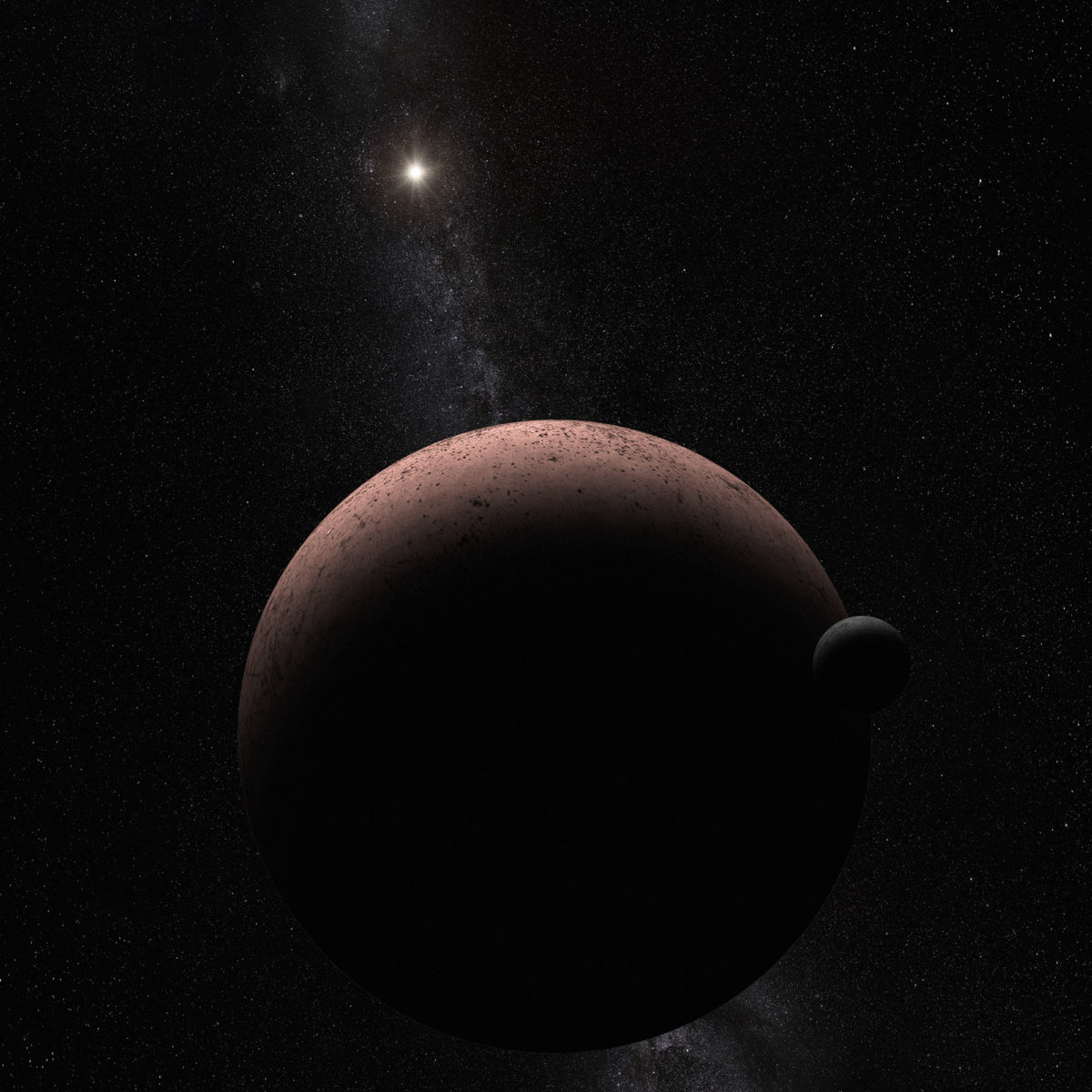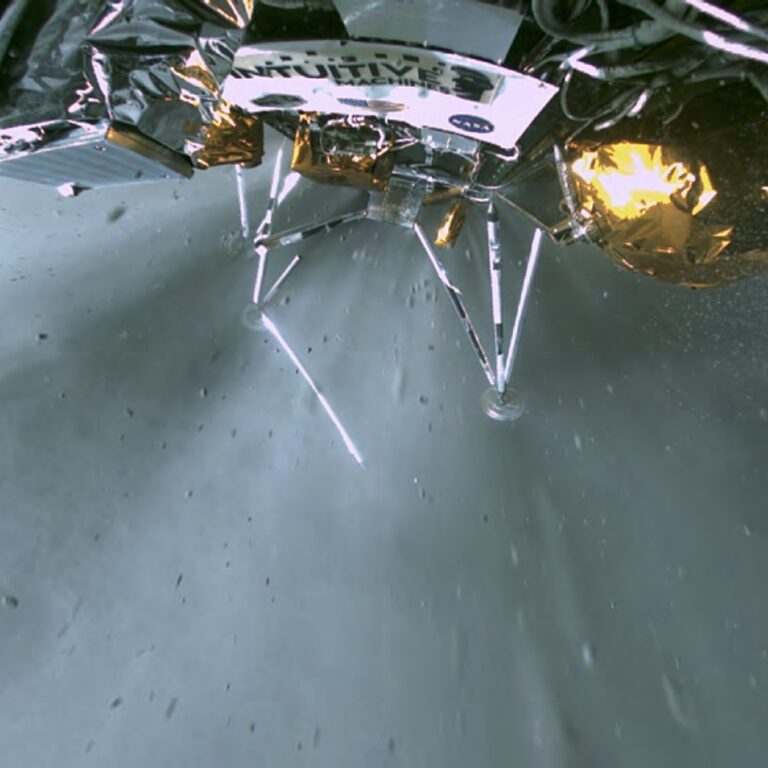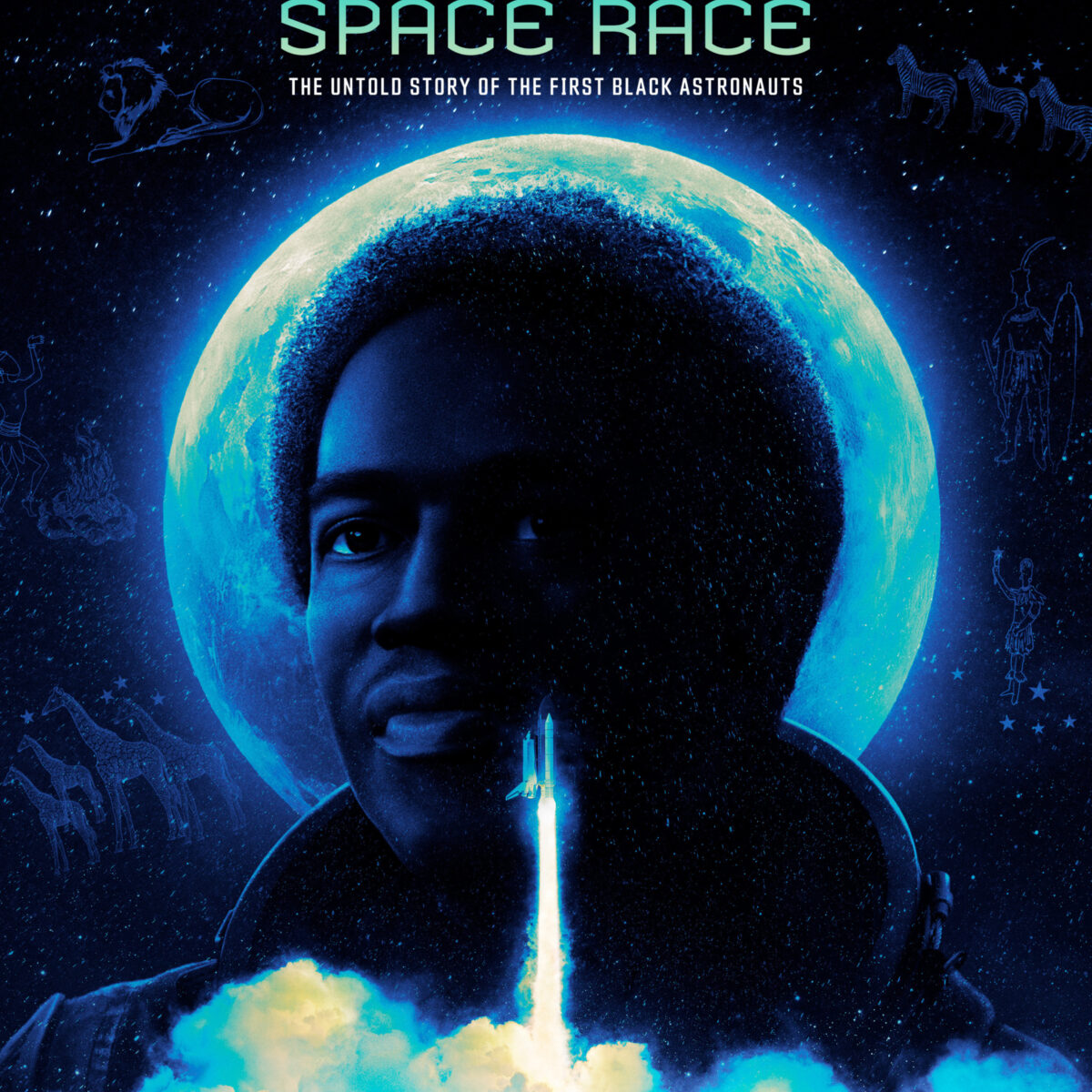Since 2002, Planetary Radio has visited with a scientist, engineer, project manager, advocate, or writer who provides a unique perspective on the quest for knowledge about our Solar System and beyond. The full show archive is available for free.
Search Planetary Radio
Casey Dreier, the chief of space policy at The Planetary Society, analyzes what the incoming Trump administration could mean for NASA’s funding, human spaceflight, and its Science Mission Directorate.
Norm Augustine, the distinguished aerospace industry veteran behind numerous influential studies, joins the show to discuss NASA at a Crossroads, the new report that raises alarm bells for NASA’s workforce, infrastructure, and technology capabilities.
This week, Planetary Radio offers advice for students pursuing higher education in space-related fields. From internship insights to conference strategies and grad school survival tips, we've got you covered.
The Planetary Society and space advocates around the world fought to make Europa Clipper a reality. This week, we learn more about the tumultuous history of the mission with Casey Dreier, The Planetary Society’s chief of space policy.
Space expert Lori Garver joins the show to explore Kamala Harris’ space policy priorities, the major issues facing NASA in the next four years, and Garver’s thoughts on the evolution of Elon Musk and NASA’s increasing reliance on the commercial space industry.
Dr. Greg Autry, who served on Trump’s NASA transition team in 2016 and was nominated for the position of NASA CFO in 2020, joins the show to discuss the space policy issues facing a potential second Trump administration in 2025.
Policy expert G. Ryan Faith argues for importance of communal engagement with our values and goals in space exploration. While easy answers may elude us, a careful and considered approach to this effort can help avoid common pitfalls and dead ends and ensure that future generations continue to explore space.
NASA's Perseverance rover has made a groundbreaking discovery on Mars: a sample that may hold evidence of ancient microbial life. We visit the Tenth International Conference on Mars to get the details.
Darby Dyar, the deputy principal investigator for NASA’s VERITAS mission to Venus, returns triumphantly to Planetary Radio to share the story of how space advocates helped save this mission.
Newton Campbell Jr., the director of the Australian Remote Operations for Space and Earth (AROSE) Consortium, discusses his career journey, AI in space, and Australia's first lunar rover, the Roo-ver.
Every major NASA center built after the agency’s inception is located in the American South. Why? Dr. Brian Odom, NASA’s chief historian, joins the show to discuss the cultural, political, and historical implications of NASA’s expansion into the South.
Holy texts and salvation ideology. Saints and martyrs. True believers and apostates. This isn’t a religion — this is human spaceflight, argues Roger Launius, the former Chief Historian of NASA.
This week on Planetary Radio, we'll share what happened during this year's Day of Action and why it matters.
Should policymakers spend more time looking - really looking - at the Moon? Chris Cokinos thinks so. He’s the author of a new book, Still As Bright, which explores the evolving role of the Moon in our culture, our history, and our dreams of spaceflight.
Former NASA Administrator Mike Griffin discusses his claim that there is a tension between the so-called Real reasons that motivate spaceflight and the prosaic, Acceptable reasons used to justify space exploration within the public sphere.
Jim Bell, a professor from the School of Earth and Space Exploration at Arizona State University and former president of The Planetary Society's Board of Directors, shares captivating tales from his global eclipse-chasing journeys.
A team co-led by the Southwest Research Institute has made a groundbreaking discovery, revealing evidence of hydrothermal or metamorphic activity on the icy dwarf planets Eris and Makemake in the Kuiper Belt. The lead author of this research, Chris Glein, joins Planetary Radio to explain.
Science historian Dr. Matt Shindell joins the show to discuss the unique era of commercial lunar exploration, and how planetary exploration has evolved and can continue to evolve on and around the Moon.
This week on Planetary Radio, we take a peek behind the scenes at National Geographic's new documentary, “The Space Race,” which celebrates the triumphs and struggles of the first African-American space pioneers and astronauts.
Space policy expert Laura Delgado López joins the show to break down the new paper, “Clearing the Fog: The Grey Zones of Space Governance” by Jessica West and Jordan Miller.


 Explore Worlds
Explore Worlds Find Life
Find Life Defend Earth
Defend Earth


